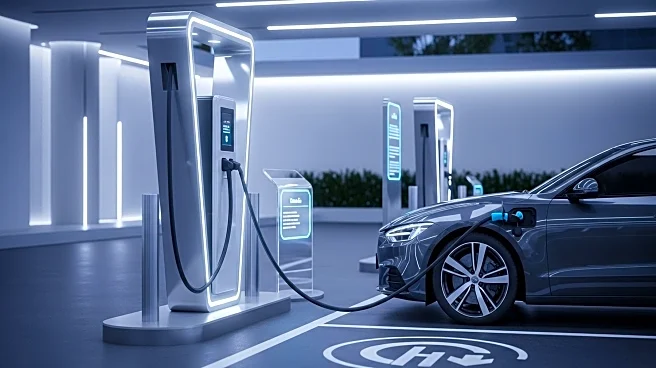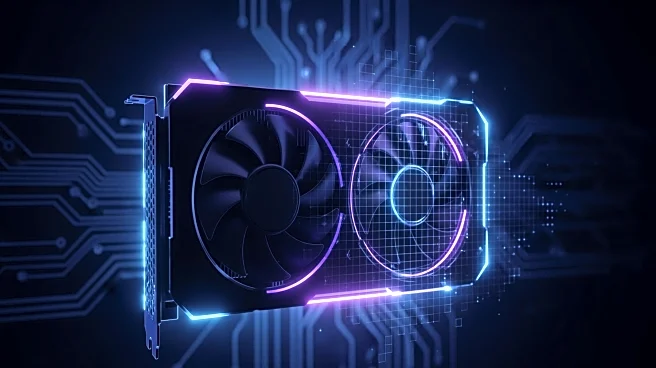What's Happening?
China is tightening its subsidy rules for new energy vehicles (NEVs), requiring stricter efficiency and range standards. Starting next year, only models with over 100 kilometers of pure electric range will qualify for tax incentives. The move aims to align policies with technological progress and encourage automakers to invest in research and development.
Why It's Important?
China's decision to raise standards for NEV incentives reflects its commitment to advancing the electric vehicle industry. By setting higher thresholds, the government is pushing automakers to innovate and improve vehicle performance. This could lead to significant advancements in NEV technology and influence global standards, as China is a major player in the automotive market.
What's Next?
Automakers may need to accelerate their R&D efforts to meet the new requirements and remain competitive. The policy change could lead to a shift in the market, with some models losing eligibility for incentives. This could drive innovation and lead to the development of more efficient and sustainable vehicles.
Beyond the Headlines
The tightening of NEV incentives highlights China's strategic approach to fostering a high-quality automotive industry. By encouraging technological advancements, China is positioning itself as a leader in the global transition to electric vehicles, potentially influencing international policies and market dynamics.











